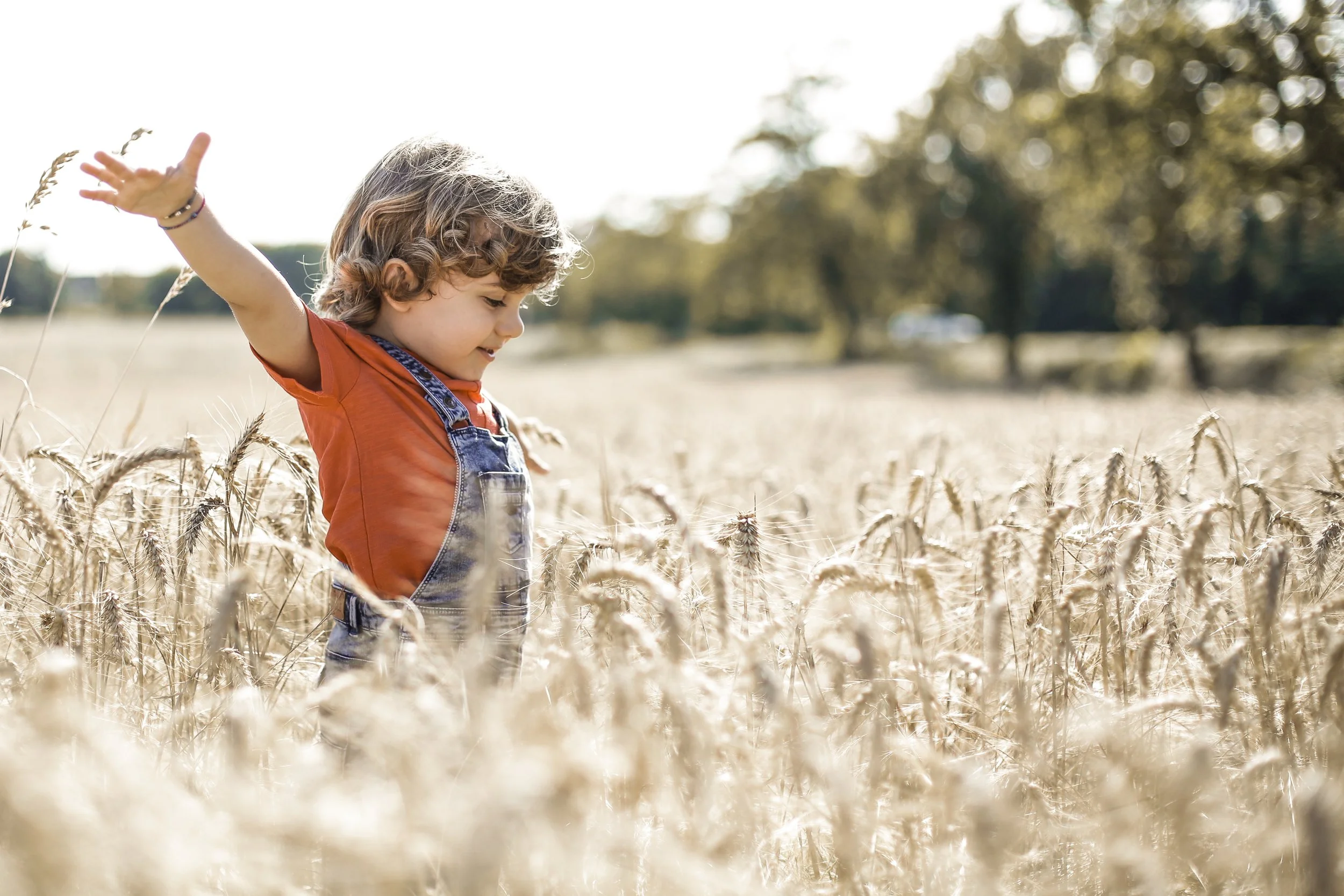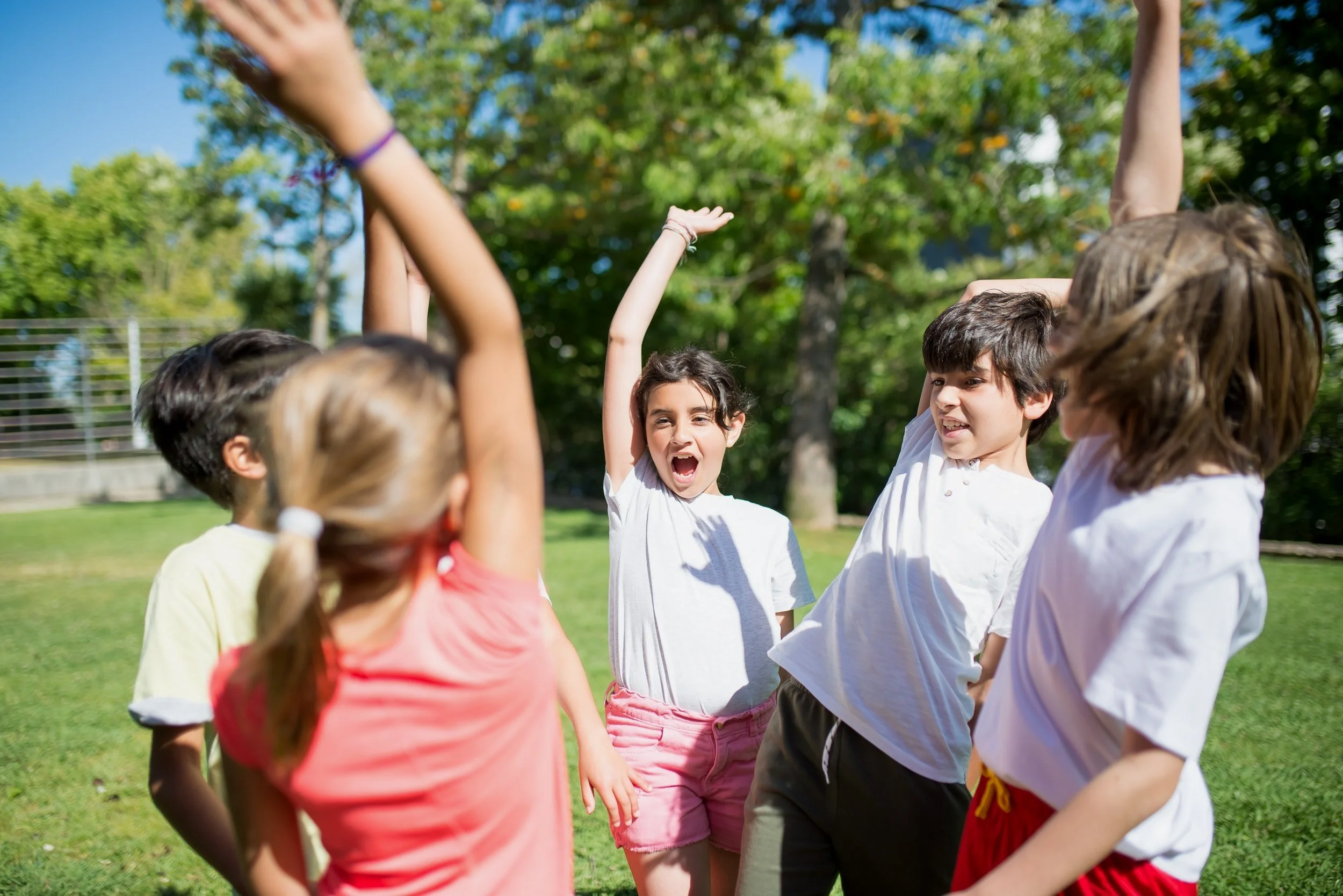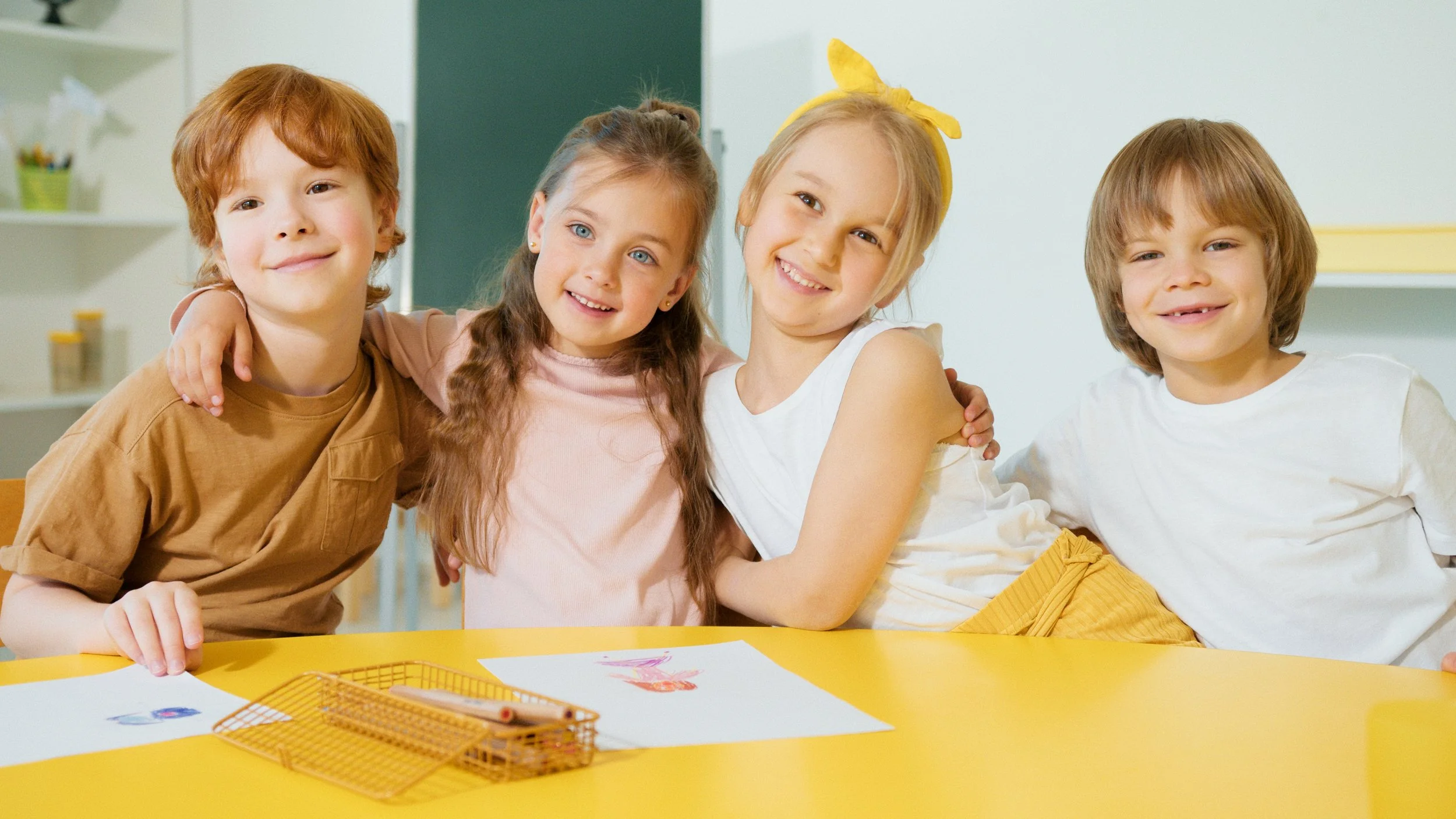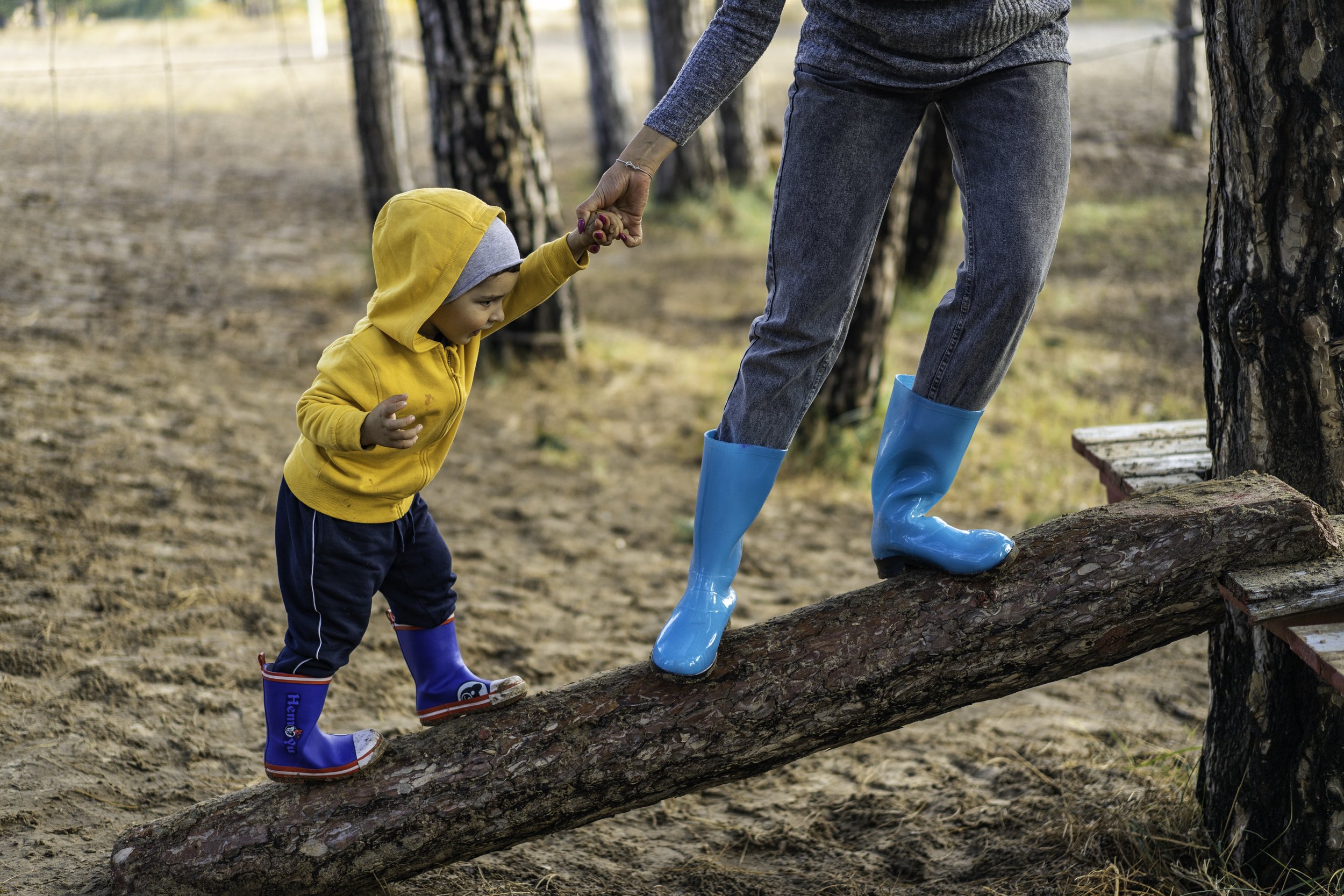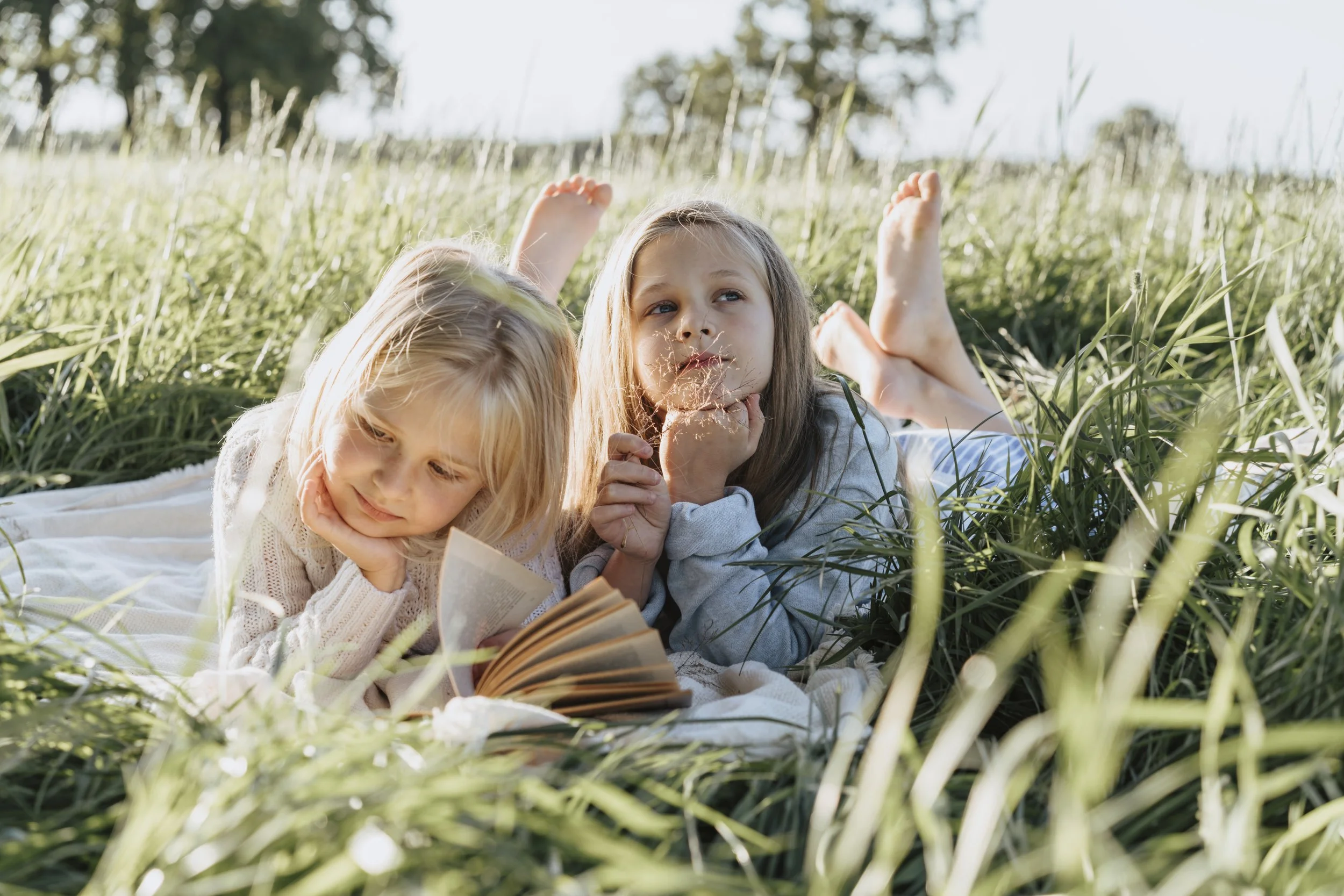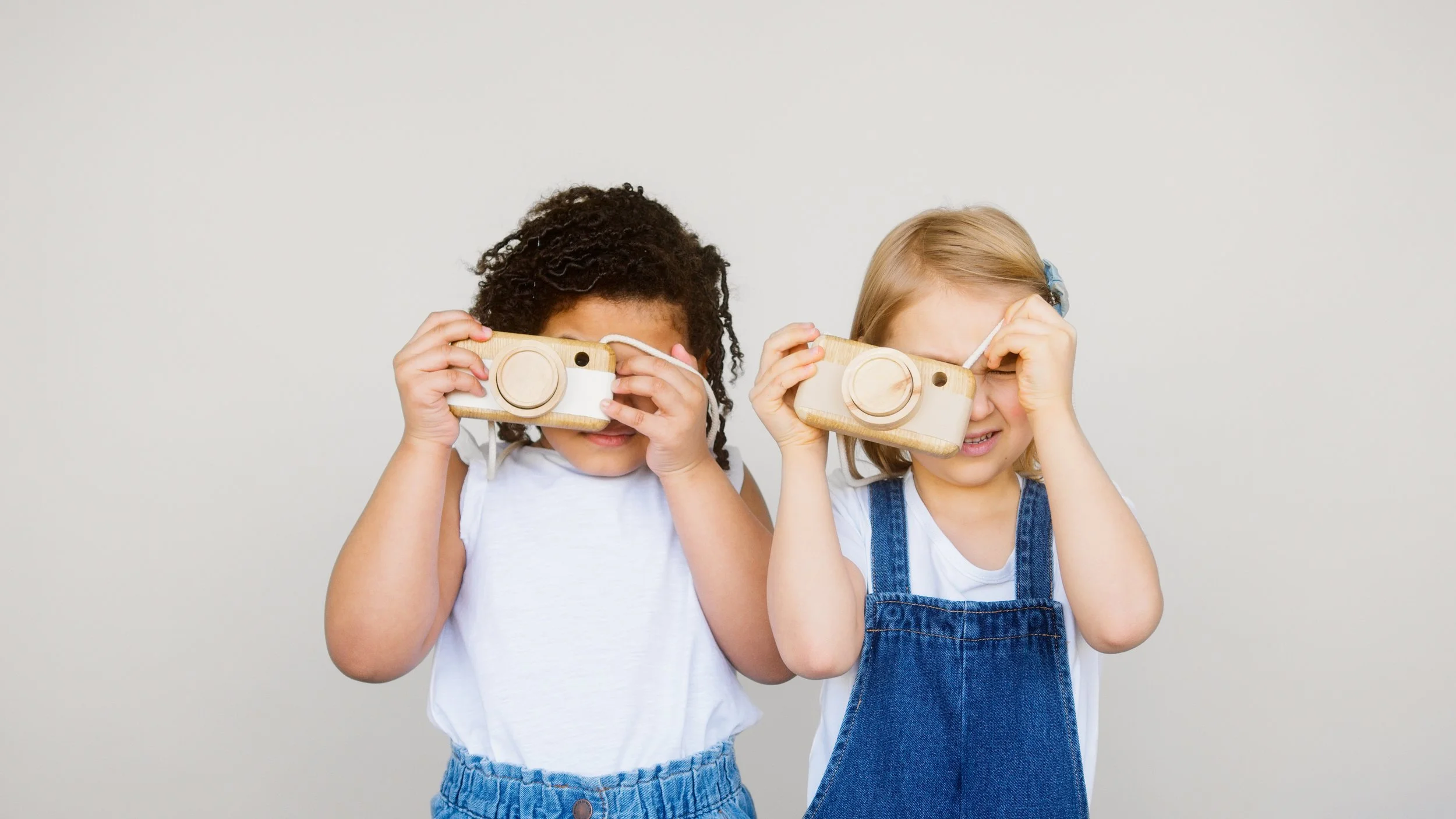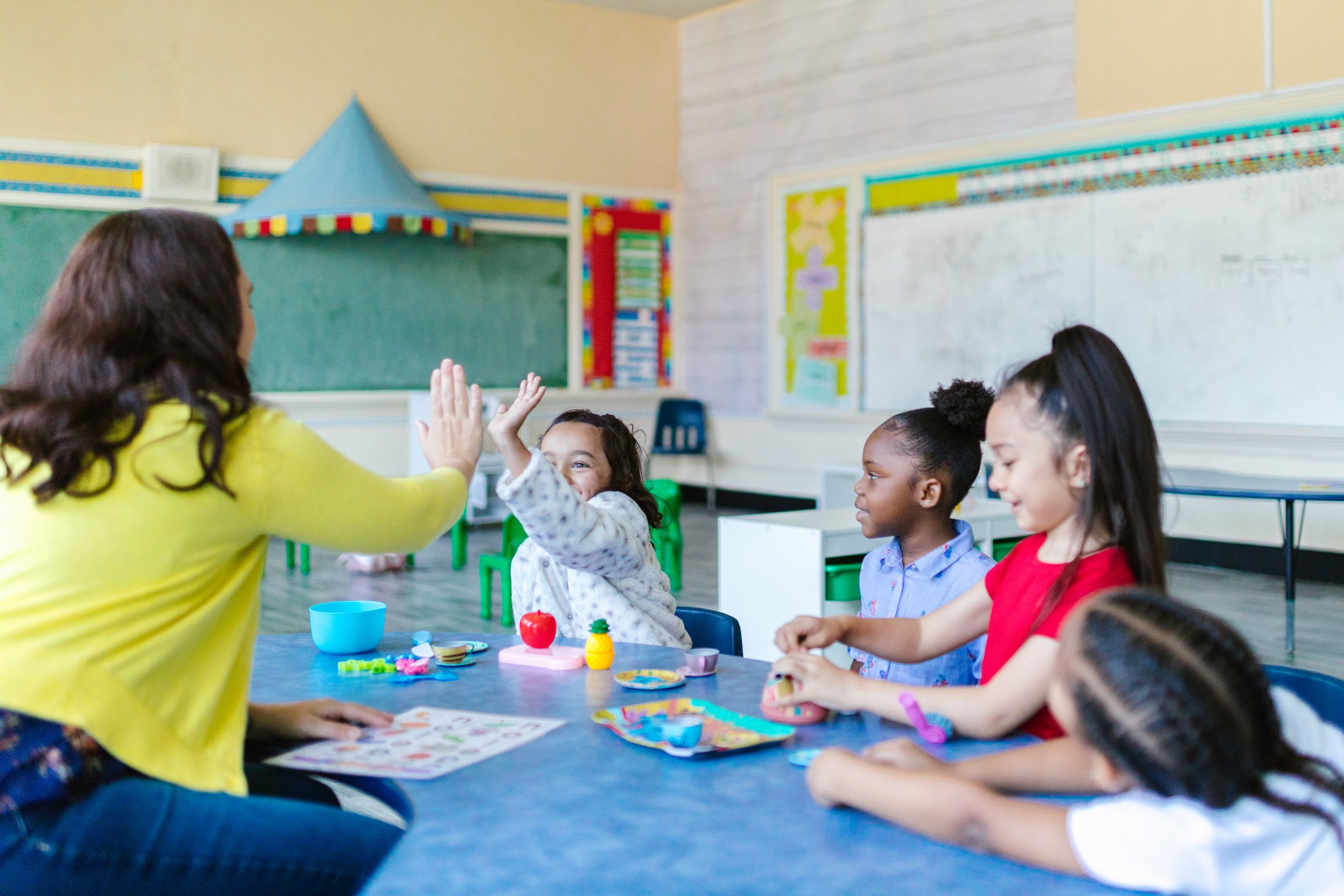Learning to manage emotions is a journey. It can be a more challenging journey for our child with autism. In support of autism awareness, read on to learn ways to support children with autism spectrum disorder to recognize and manage big emotions.
Discover the magic of storytelling and help kids develop their social emotional skills with these books! These books fall under the categories of the social emotional learning competencies of self-awareness, self-management, social awareness, positive relationships, and responsible decision making.
New to social emotional learning and asking ‘how do I support my kid’s emotional health’? Or looking for more fun activities to do with kids near you (e.g. at home)? There are lots of simple ways to do both! Read our blog for easy and fun things to do with kids at home while also supporting their emotional well-being.
The arts (art, music, literature, drama, etc.) are a unique way for children to develop social emotional skills such as self-awareness and social awareness. Through expressions of creativity children can process their emotions and, through a shared sense of community, they can build positive relationships. Read on to discover art activities you can do with your child to strengthen their social emotional skills.
Resilience is when we can move forward after experiencing adverse events. It’s not always easy but with a strong support system and healthy coping strategies we can continue to move forward. Check out these resilience quotes to help inspire kids to think about what it means to them to be resilient.
Now that summer is around the corner, you may find this to be an opportune moment to establish routines that help your child grow in their independence. It is never too early to start! By instilling good habits, you can set your child up for success by strengthening their skills in self-care, self-management, goal-setting, reasoning and more, all the while lessening your load. From making choices to completing chores, empower children by helping them grow into independent people! Read on for the full list of tips.
What does it mean to be self-aware? While self-awareness can be characterized as having a sense of one’s personality and character it is also important for understanding one's emotions. Without self-awareness, we will have a harder time understanding and improving our self-management, social awareness, relationships skills, and responsible decision making. Read more about how we can help our children recognize and practice self-awareness.
Responsible decision making is an important skill and the decisions we make impact ourselves and others. This skill is strengthened by our problem solving and critical thinking skills. Read on to learn more about responsible decision making and for tips on how to help kids practice responsible decision making.
Do you always swoop in and rescue your kids from social conflicts? Does your child or student run to you right away when there is a problem? In any type of conflict scenario, it’s important that everyone involved is aware of and understands respective feelings. How can we teach children to resolve conflicts in a way that’s simple, respectful, and helps them become independent? Read on to learn about a problem solving protocol and how it can play an important role in healthy child development.
“That’s not fair!” is a common sentiment of children, but how often is this phrase used when pointing out a true injustice? Teaching children the concept of fairness is an important part of growing up and practicing empathy. Read on to learn about how to teach the meaning of equity vs. equality and why it matters.
As kids develop their self-awareness and social awareness, they are also building relationship skills. These skills such as communication and teamwork give kids the confidence to recognize positive relationships that help them to grow. Read more for tips on how to help kids develop their relationship skills.
Acts of kindness help us to feel loved, welcomed, happy, and more. We can teach kids that there are many ways to show kindness to each other at home and at school. Check out these 5 acts of kindness for the holiday season, and all year round!
When we are feeling angry, scared, or happy we have different ways to express those emotions including through body language. As we react to emotions, our bodies communicate how we are feeling through poses and movements. Read on to learn more on how to help kids understand emotions and body language.
Through social emotional learning, kids learn how to recognize and manage their emotions independently. Sometimes feelings can be overwhelming and hard to handle on our own. During these difficult times we can remind kids that it is okay to ask for help. Read on for tips on how to teach kids how to ask for help, at home and at school.
Summertime is full of adventure and books help spark imagination, curiosity and build important social emotional skills. Check out these 10 books to read together this summer! They focus on topics such as healthy habits, imagination, perseverance, and family and community.
Whether you are a teacher or parent, you can create opportunities for discussion and reflection about the importance of being kind to others by using these kindness quotes! Read on to discover inspiring quotes that illustrate the life-changing impact of kindness.
As educators, staying updated on the best ways to support our students' learning experiences can be difficult, especially given all of our other responsibilities. The field of learning science helps us do just that. This blog aims to present several best practices from learning science research that you can use in your classroom when teaching SEL.
Women’s History Month is dedicated to celebrating the women who have made significant contributions to our history, as well as all the women who play a role in leading us, supporting us, and caring for us in our daily life. Read this blog for ways to incorporate Women’s History Month into SEL activities for your students!
Learning through observing and modeling is key for students developing their social emotional skills. Educators and parents can be excellent role models for their children by showcasing these important skills in the classroom and at home every day. This blog presents 5 easy ways for educators and parents to model SEL using CASEL’s core competencies.
Social awareness, or socialization, as one of the five competencies of social emotional learning is an important skill for helping kids develop empathy and understand the perspective of others. Read on to learn more about this skill and tools for developing socialization.






